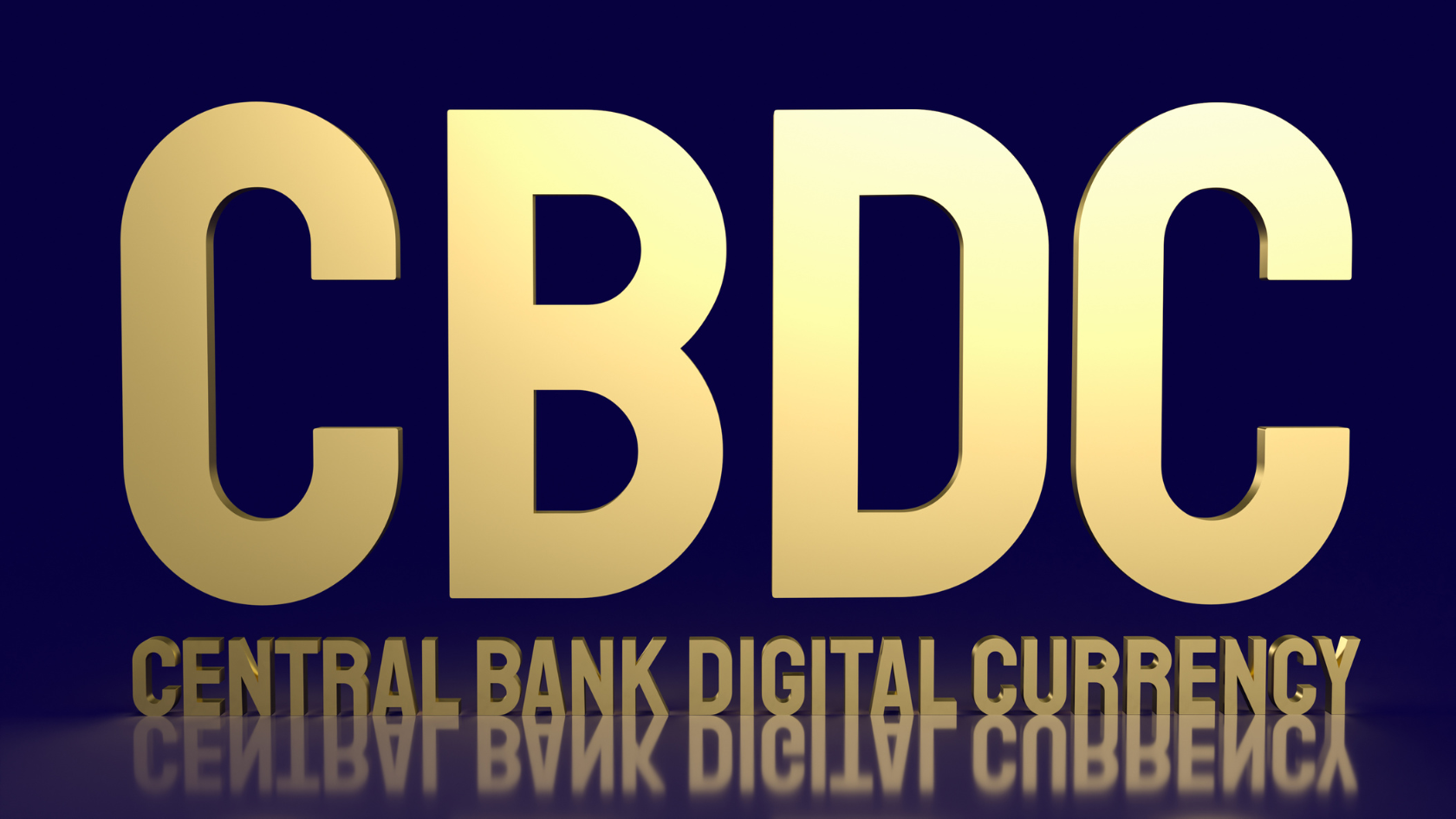What Is Spot Trading?
Spot trading is the trading of a particular asset in mind with the result of immediate delivery of the asset upon the spot trade date. It is the setting of a contract for purchasing an asset at the market price when you decide upon the purchase or sale of that asset.
As with most concepts in cryptocurrency, spot trading is a term borrowed from the traditional investment world.
This means that the actual price of your trade will not be known until you hit that date for trade. This price at that spot trade time is called the “spot price.”
So, how is this different from just purchasing the asset at the time when you want to make the trade? How is it different from putting the order in real-time at the trade date and time you want?
The difference is that a spot trade contract is, well, a contract. It binds both you and the other party to the trade. No matter the underlying asset’s price, the contract will execute whether or not each side of the parties is satisfied with the price.
Where Can You Spot Trade?
You can spot trade in one of two ways.
The first is “Over the Counter” or OTC. This is when the buyer and seller of the asset decide upon a contract bilaterally without needing a third-party facilitator.
This is primarily a private operation between the two parties. Therefore, the terms of the contracts can often be either more specialized and specific or, on the contrary, more general.
The second option is to go through a market exchange. Similar to any other exchange for trades, a third-party facilitator acts as the actual liquidity provider who stands between buyers and sellers.
There is usually much less flexibility with the spot market because the contracts are already decided upon. The buyers and sellers can simply make bids and offer the contracts available.
The spot markets also tend to be relatively efficient with their internet usage as the contracts are automatically determined based on the market.
They are also regulated by the government and heavily standardized, allowing uniformity within and between platforms.
Difference between Spot Trades and Futures Contracts
A quick note on the difference between spot trades and futures contracts might be helpful here. Although both are contracts and executed in the future (whether near or far), the essential terms of the contracts make them very different in their implications.
Whereas the spot trade contract merely binds the buyers and sellers to a specific date and time of a trade, futures contracts also bind buyers and sellers to the price at which the contract will be executed.
This means that, unlike the spot trade, whose price is purely dependent on the market, the futures contract price will trade only at the predetermined price, regardless of the market price.
This difference is significant to note in making informed investments as you consider the price of the contracts themselves and your confidence in the movement of the investment.
Forwards contracts are similar to futures contracts with nuances and essential investment considerations.
Spot Trading on the Foreign Exchange Market
Some of the most popular spot trades occur in the foreign exchange market.
In the foreign exchange market, the currency you are trading is directly traded against another currency. For example, if you have US dollars and want to exchange them for British pounds on a specific date, you can enter into a spot trade contract to ensure that you will have that transaction on that day.
Spot trading with currency makes sense because the currency holds buying power in itself.
Unlike other assets, currency can be used as an instrument of liquidity without speculating again upon its value. Spot trading FX allows the most direct method of valuing your asset because the value is the currency itself.
To further explain, if you are trading the dollar for the British pound, you may know that your asset’s value is a result of the pound’s value in relation to the dollar at the moment of your trade. This can be better understood when discussing profit-making with spot trades.
Making Profit by Spot Trading
As with all trades, a good spot trade investment is speculation that proves true. You can profit on a spot trade if your anticipation about the asset that precipitated the trade in the first place proves true.
That is, if you had put in a spot trade contract to buy a certain quantity of assets, you are essentially betting that the underlying asset (in foreign exchange, the “quote currency” or the currency you are trading for) is going down in value or price.
Because the currency you intend to buy the asset with is now more valuable than the asset, you are paying less for it. You can invest more with the expectation that the asset’s value will rise.
On the other hand, if you are buying a contract to sell the asset in the future, you are betting on that underlying asset rising in value.
You expect that you will have a guarantee of being able to sell your asset on the spot trade date because you think that it will rise in value by that date so that you can make a profit on the assets you already own.
These contracts do not always need to be filled by those people who originally bought the contracts. Investors can sell the contracts again to other individuals who might be interested in filling the contract terms as long as the terms are not modified.
Spot Trading Crypto
Having learned all the basic concepts behind spot trading, we can now discuss how this applies to crypto.
The foreign exchange market bears a close resemblance to the cryptocurrency market because, in both, the asset in question is yet another currency. The similarities between the two markets increase when considering certain coins, such as stablecoins and stablecoins pegged to a national currency.
The same foreign exchange spot trading principles can also be applied to the cryptocurrency market. The international, government-issued currencies are replaced with decentralized cryptocurrency, and the investors can buy up contracts that trade between them.
For example, if someone holds Bitcoin in their portfolio, they may wish to buy a contract that ensures the sale of that Bitcoin for a certain amount of Ethereum at the exchange rate then. In such a case, the investor is betting that Ethereum will drop in value compared to Bitcoin so that they can sell Bitcoin for more of the Ethereum.
Conversely, if the investor holds many Ethereum in their portfolio, they may buy a buy contract for Bitcoin. In such a case, the investor is betting that Ethereum will rise in value so they can buy more Bitcoin with their current holding of Ethereum.
Where Can You Trade Crypto Spot Contracts?
Furthermore, similar methods are available to investors for trading these contracts. As with foreign exchange spot trading, both over-the-counter and market exchange spot trading contracts are available.
In over-the-counter spot contracts, as with FX, contracts are made between two parties amongst themselves. In market exchanges, a third-party facilitator sets default contracts for which the parties involved might make bids and offers for the contracts.
Many crypto trading platforms and exchanges facilitate the market exchange type of spot trading, including popular sites such as Coinbase.
Conclusion
Spot trading works by allowing investors to make contracts that ensure their ability to buy or sell a particular asset on a set future date. This allows the investors to speculate and make observations about the movement of the value of that said asset so that they may profit from them.
The same principles that function in the general market outside of the Web 3.0 market also apply to the crypto environment. In particular, the foreign exchange market can be a powerful analogy to how the cryptocurrency market works.
One cryptocurrency can be used as currency to bet against another currency for the investor to profit upon executing the contracts.
If you’re interested in more crypto information and investment solutions, contact us at Sarson Funds.
Sources:
Spot Trade Definition | Investopedia
Spot Market – Overview, Characteristics, and Types | CFI
Forward Contract Definition | Investopedia





